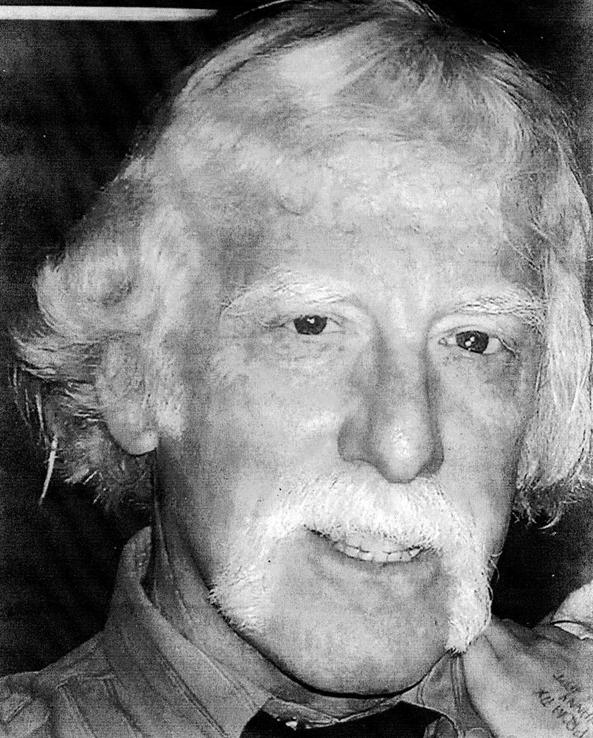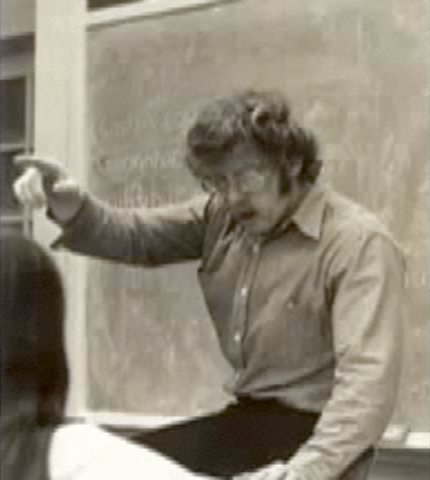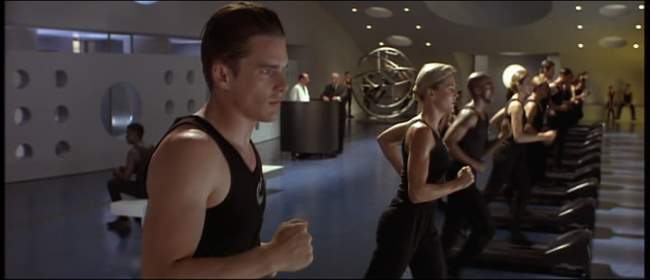 By Scott T. Allison and George R. Goethals
By Scott T. Allison and George R. Goethals
For decades, especially since the 9/11 attacks, the Islamic faith has been viewed by some people to be a religion of hatred and violence. The fact that the vast majority of Muslims are gentle, law-abiding citizens belies this criticism. One young Muslim woman has made it her mission to publicize illustrations of the inherent goodness of Islam. On her blog, The Muslimah Soapbox, she calls herself simply the Proud Muslimah. The purpose of her blog is straightforward. She writes, "I am a Muslim woman from Madison, Wisconsin who is on a mission to help spread that Islam is a progressive religion of peace and tolerance."
The Muslimah's Soapbox dispels many negative stereotypes of Islam. In one blog post, the Proud Muslimah sets the record straight about women in Islam, noting that the faith permits women the right to education, to work, to receive equal pay, to vote, and to enjoy the same rights and protections as women in the free world. "So many Americans picture countries like Afghanistan, Iraq and Saudi Arabia as the poster countries for Islam and assume that how they treat their women is at the fault of the religion itself," she says, emphasizing the progressive stance of Islam in gender relations. 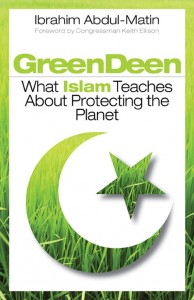 The Proud Muslimah laments how images of women being mistreated in a few Arab nations are "being used to attack a religion which does not support" such mistreatment.
The Proud Muslimah laments how images of women being mistreated in a few Arab nations are "being used to attack a religion which does not support" such mistreatment.
In another blog post, she condemns people who use Islam "to cause hate and murder in the name of Allah," and she urges "more Muslims to try to think of ways to spread peace in the name of Islam. Go out and volunteer, start a study group, hold a picnic, start a blog, ask the cultural anthropology departments in your universities about allowing you or a friend to give a lecture on Islam. Do anything you can to open the eyes of your community. It starts small, my friends, but even if you can enlighten one person, that's one person who wont be grabbing their pitchforks if another atrocity were to happen in the name of our faith again."
One recent addition to the Proud Muslimah's blog is a feature called Muslims Who Make a Difference. She writes: "Every month, I want to provide a small article about a Muslim who is doing their part to make the world a better place for Muslims and non-Muslims alike. I feel this is incredibly important," she says. The goal of this feature is to put "the spotlight on a different Muslim individual every month who actively does what they can to represent the love and peace that Islam truly stands for."
The first person whom the Proud Muslimah believes makes a difference is Ibrahim Abdul-Matin, a well-known environmentalist, author, and speaker. 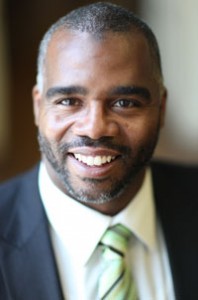 Abdul-Martin is described as "a steward of the earth" and author of the important book Green Deen: What Islam Teaches About Protecting the Planet. "Abdul-Matin urges people to understand that environmentalism is rooted deep into our religious responsibility," she writes. His goal is to emphasize that it "is our responsibility to make sure that we are being stewards of the planet. It goes so much further than political affiliations and whether you are Buddhist, Muslim, Hindu, Christian, Jewish, or Athiest. It is your job to do what you can" to be environmentally responsible.
Abdul-Martin is described as "a steward of the earth" and author of the important book Green Deen: What Islam Teaches About Protecting the Planet. "Abdul-Matin urges people to understand that environmentalism is rooted deep into our religious responsibility," she writes. His goal is to emphasize that it "is our responsibility to make sure that we are being stewards of the planet. It goes so much further than political affiliations and whether you are Buddhist, Muslim, Hindu, Christian, Jewish, or Athiest. It is your job to do what you can" to be environmentally responsible.
In our opinion, the Proud Muslimah is performing a heroic service by enlightening the world about the positive contributions of Islam as a faith and about Muslims who are making the world a better place. In a time of heightened cultural divisions, the Proud Muslimah is building bridges, illuminating the true loving core of the Islamic faith, and encouraging healthy, productive connections among all the world's people. We applaud her work, support her cause, and eagerly await her future blog posts.
– – – – – –
Do you have a hero whom you would like us to profile? Please send your suggestions to Scott Allison at sallison@richmond.edu.
